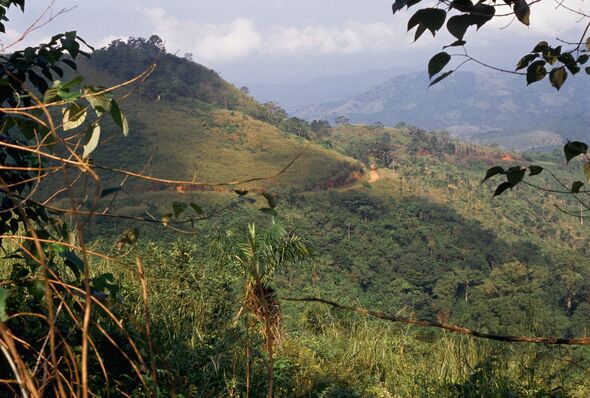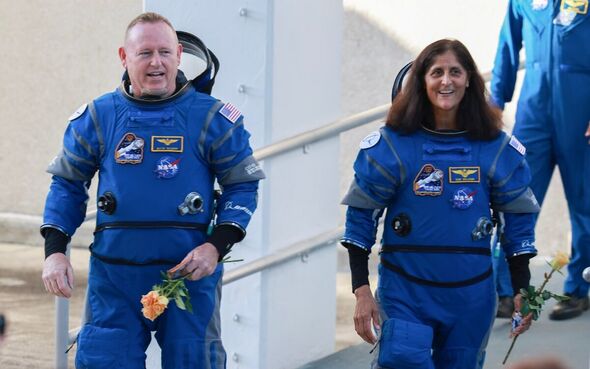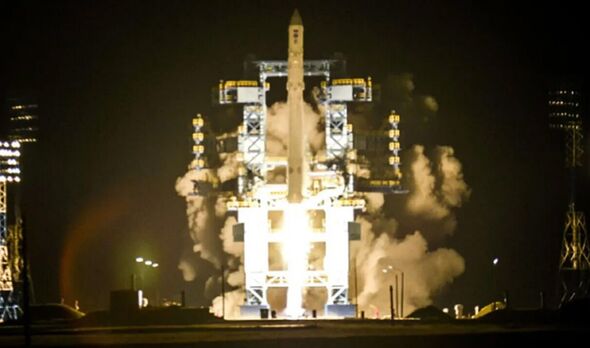By Michelle Dobrovolny
A revamp of the European Commission’s set-up could hamper cooperation between its development and research arms, say observers, as European Parliament hearings start this week to approve the commissioners who will oversee each portfolio.
The new commission – unveiled earlier this month by President-elect Jean-Claude Juncker – will be organised into six, vice-president-led ‘clusters’ designed to promote coherent policies on key issues within the European Union (EU).
While the move is “innovative”, according to Niels Keijzer, a researcher at think-tank the German Development Institute, he also warns that it excludes research from the foreign affairs cluster in which development sits.
“Juncker didn’t single out research as a key area for European external action,” he says. “I think it’s a mistake to a degree, because it should also be an important priority for the EU’s external policy to engage in either communicating the importance of research collaborations if not actually giving them shape.”
The EU is ignoring the links between research and foreign policy, which is at the root of the new division between research and development, he says.
The restructure could limit how much Carlos Moedas, the designate EU commissioner for research, science and innovation, can coordinate with the development portfolio, adds Keijzer.
“There is no direct support in the new structure of further cooperation between the research and development commissioners. In my view, it would be good to improve on that,” he says.
In the commission’s previous set-up, cooperation between departments, known as directorates-general (DGs), was based on their own priorities, rather than, as will be the case, on having to ensure policy coherence with the agenda of the vice-president overseeing their cluster, he says.
But Paul Engel, director of think-tank the European Centre for Development Policy Management, says the new structure might improve cooperation between portfolios regardless of whether they are in the same cluster.
The relationship between the development and research DGs, he says, “would potentially be a bit more complicated at first, but, at the same time, there would also be two cluster heads who could deal with common issues at the level of the president, if they want to”.
Development and research commissioners have often had a “tense” relationship, says Engel, because of differing goals.
“The DNA of the research DG is to promote excellent, competitive science in Europe,” he says. Meanwhile, the development DG “is mainly interested in developing capacity in the global South, so their DNA is to do the research that is necessary, but not always promoting competitiveness. It’s not always an easy equation to match.”
Nonetheless, there has been an effort in recent years to link EU scientific research to development programmes, according to Jean Albergel, Southern African director for France’s Institute of Research for Development.
With support from the EU’s research arm, Albergel coordinated the research-funding platform ERAfrica for European and African scientists. He hopes to develop the project with additional funding from the EU’s development DG.
EU policymakers “are starting to think more about creating common policies for better links between research and development”, he says.
“It’s important because development projects that combine different scientific disciplines have better results than programmes based on the purely technical aspects of development,” says Albergel.
Cooperation between research and development will also depend on how commissioners use the new structure, says Engel. He says the proposed development commissioner, Neven Mimica from Croatia, must ensure that the vice-president’s foreign policy interests do not override development objectives.
“The new development commissioner is quite unknown, so we really don’t know how strong he will be to make sure that policy coherence for development doesn’t just become policy coherence for European external action,” says Engel.




